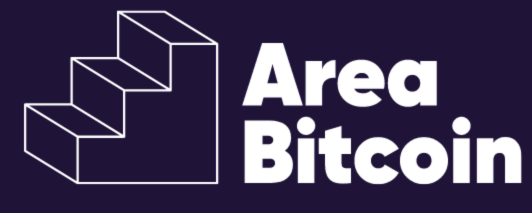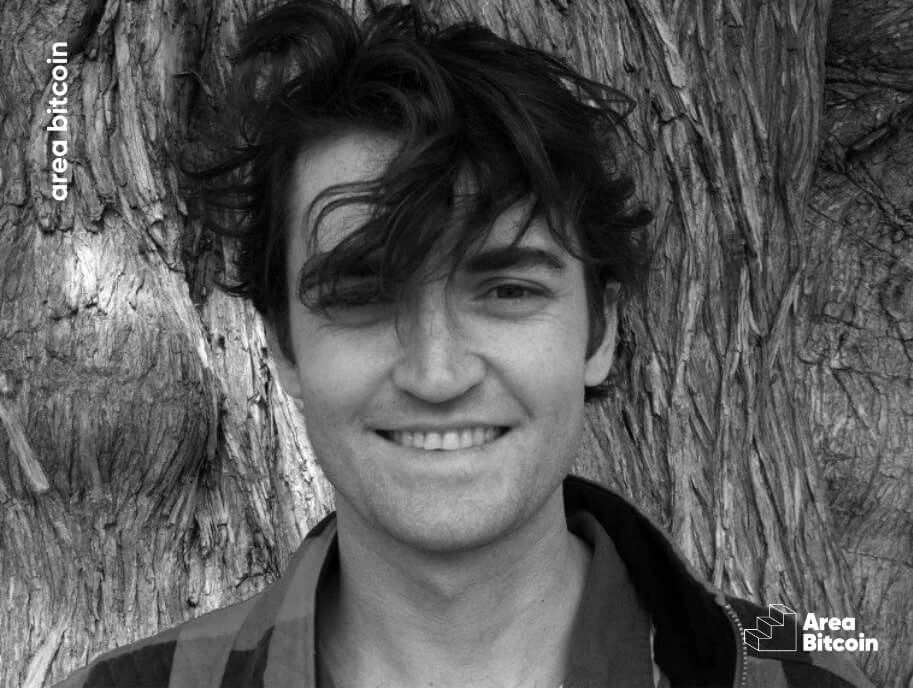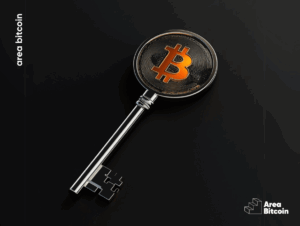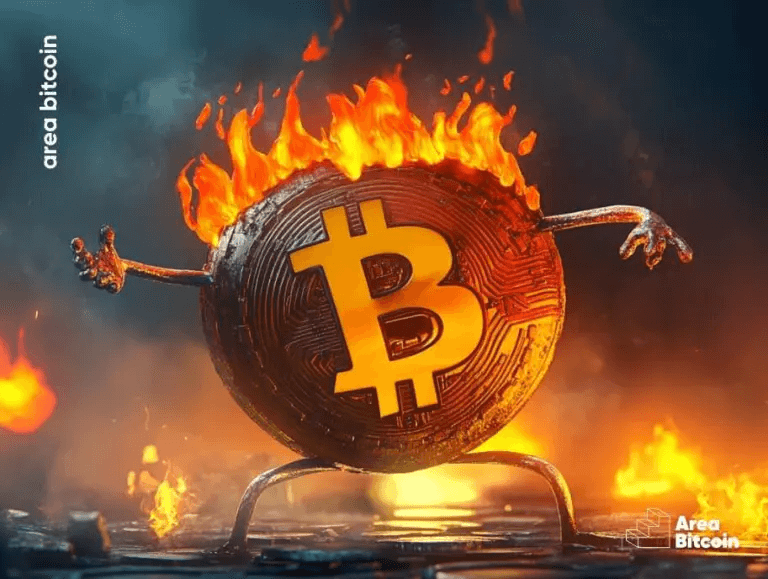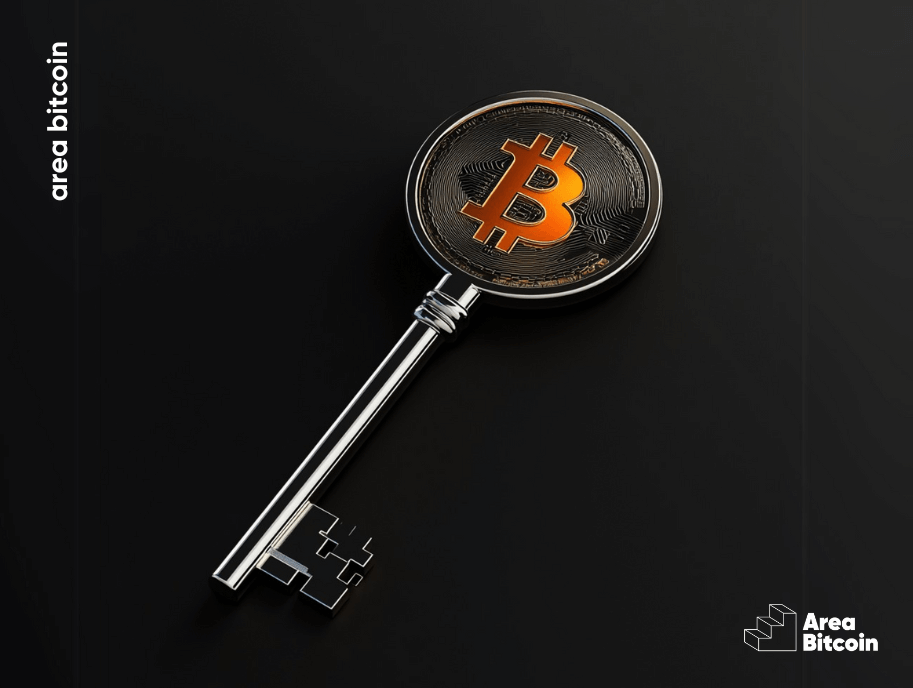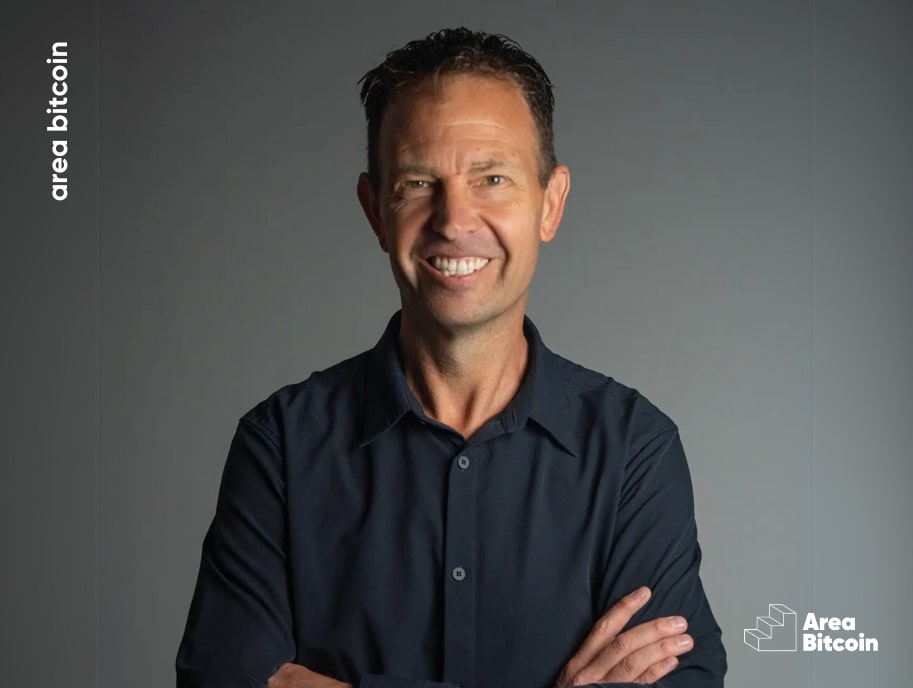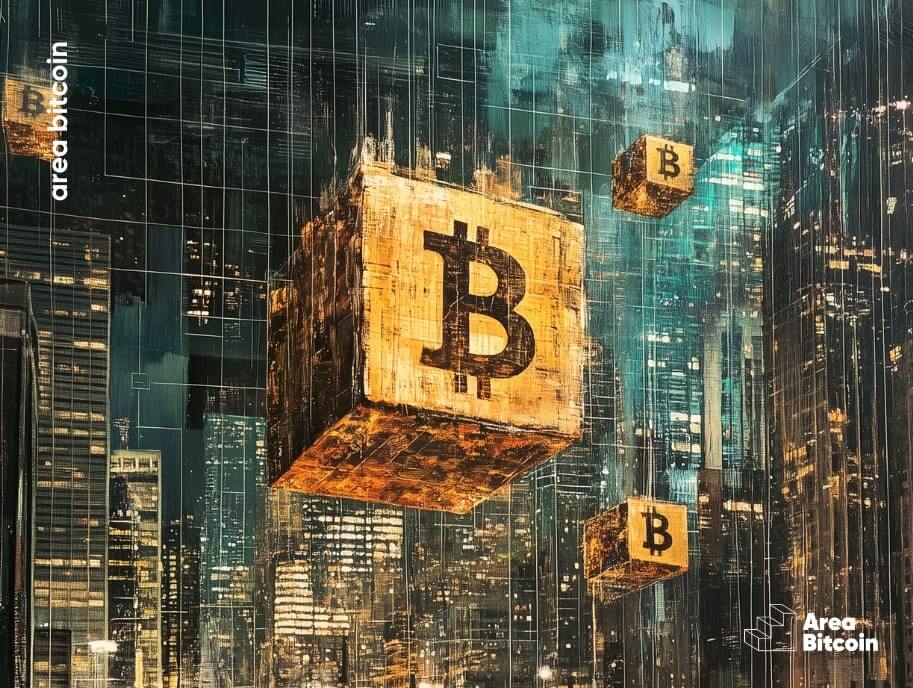In 2009, when Bitcoin first emerged, it was like a hidden treasure. Few people knew how to buy it, and using it was even more challenging. At the time, one of the few meaningful ways to use Bitcoin was on the Deep Web, a part of the internet unfamiliar to most.
Within this hidden world, a parallel market arose: the Silk Road.
Created in 2011 by Ross Ulbricht, under the pseudonym Dread Pirate Roberts, Silk Road was designed as an online marketplace where Bitcoin served as the primary currency for transactions.
But the story took a dramatic turn.
A few years later, Ross was arrested and sentenced to life in prison, accused of a series of crimes. To this day, his story and the creation of the Silk Road continue to spark heated debates and divided opinions.
While some view the Silk Road as a symbol of freedom, others strongly criticize its existence. Nevertheless, Ross has gained the support of many libertarians and Bitcoiners who pushed for his release.
In this article, we’ll dive deeper into Ross’s life, the origins of the Silk Road, his vision, and more.
Let’s get started!
Table of contents
Who is Ross Ulbricht (Dread Pirate Roberts)?
Ross Ulbricht, known by the pseudonym Dread Pirate Roberts, is best known for creating Silk Road, an online marketplace that championed free trade and enabled Bitcoin transactions.
Born in 1984 in Austin, Texas, Ross always showed great potential and good intentions.
From a young age, he stood out—he was a Boy Scout, excelled in school, and earned scholarships to prestigious universities, including the University of Texas and Pennsylvania State University.

He graduated with a degree in Physics and went on to earn a master’s in Materials Science. During this time, he worked as a researcher and appeared to be on track for a promising scientific career. But Ross wasn’t just about numbers and laboratories—he had a deep passion for freedom and the impact these ideals could have on the world.
In his 20s, he began exploring libertarian philosophy, joining a club dedicated to these ideals, supporting Ron Paul’s presidential campaign, and engaging in spirited debates about individual freedom, privacy, and the right to a free market.
Good Wagon Books
Shortly after completing his studies, Ross Ulbricht ventured into entrepreneurship. He opened a bookstore called Good Wagon Books, where he collected used books to sell on eBay.
Over time, his interest in new technologies grew, leading him to discover Bitcoin—a digital, decentralized currency that perfectly aligned with his ideals.

So, by the end of 2010, Ross began developing a new idea: an e-commerce platform where people could buy and sell products anonymously, free from government or corporate interference.
Thus, in early 2011, at just 26 years old, he brought that idea to life, launching Silk Road—an online marketplace that would leave a lasting mark on the digital world and change the course of his life forever.
Ross Ulbricht’s story is filled with ups, downs, and controversy, but at its core, he was an idealistic young man who believed in the power of technology to change the world.
What was the Silk Road?
Silk Road was an online marketplace launched in 2011 by Ross Ulbricht, known as Dread Pirate Roberts, on the dark web. It enabled the anonymous, global exchange of goods without intermediaries, using Bitcoin as its primary currency.
The Creation of Silk Road
As we’ve seen, Silk Road was created in February 2011 and quickly became the most well-known marketplace on the deep web. It functioned like a hidden “eBay,” accessible only through the Tor network, which provided anonymity and protected user data.

The idea behind the Silk Road was bold. Ross Ulbricht wanted to create a space where anyone could buy or sell whatever they wanted, free from government or corporate oversight.
Because it was an anonymous and unrestricted marketplace, it wasn’t just used for legal goods—people also sold drugs, weapons, and pirated content.
During its operation, Silk Road processed approximately 9.5 million Bitcoins. That’s right—millions! This generated massive revenues for sellers and for Ross himself, who took a commission on each sale.
With such success, Silk Road quickly attracted media attention… and, inevitably, the government’s. The site gained notoriety, but it also became a target.
By saying that, in October 2013, the FBI managed to track and seize the site, marking the end of Silk Road’s era.
The history of the Silk Road highlights how Bitcoin became a tool for global transactions—even in a highly controversial context.
Regardless of differing opinions, Ross Ulbricht and Silk Road remain key figures in the history of Bitcoin and the ongoing debate over internet freedom.
Related articles:
Ross’s Arrest and Conviction
On October 1, 2013, Ross Ulbricht was tracked down and arrested by the FBI in a public library in San Francisco. He was accused of being “Dread Pirate Roberts,” the elusive administrator of the Silk Road.
Two years later, in 2015, Ross was sentenced to life in prison without parole in what became one of the most controversial trials in modern history.
During the trial, authorities presented a series of evidence:
- electronic messages,
- server records,
- and testimonies that, according to prosecutors, directly linked Ross to the operation of the Silk Road.
He was also charged with drug trafficking, money laundering, and hacking. The sentence was harsh: two life sentences plus 40 years, with no possibility of parole or reduction.
The severity of the punishment shocked many. After all, Ross wasn’t personally selling or buying anything on Silk Road—he had simply created the platform.
Moreover, Silk Road had a strict rule prohibiting transactions involving violence or harm to others. For Ross Ulbricht (Dread Pirate Roberts), the marketplace was an attempt to put his libertarian ideals into action by creating a private, decentralized economy.
However, the government saw it differently. The use of Bitcoin for private transactions—along with the presence of weapons and drugs on the platform—was enough to make Dread Pirate Roberts a symbol of what authorities wanted to dismantle: free markets operating beyond government control.
Silk Road also ended up being, in large part, responsible for the FUD that Bitcoin is used to commit crimes, a narrative that no longer holds true today.
Since his conviction, Ross’s case has sparked intense debate. Critics argue that his sentence was meant to “set an example” and deter other decentralized, government-resistant initiatives.
Many believe he was punished more for what Silk Road represented—a direct challenge to government authority—than for any crime he personally committed.
And so, from 2013 to 2024, Ross Ulbricht has remained behind bars.
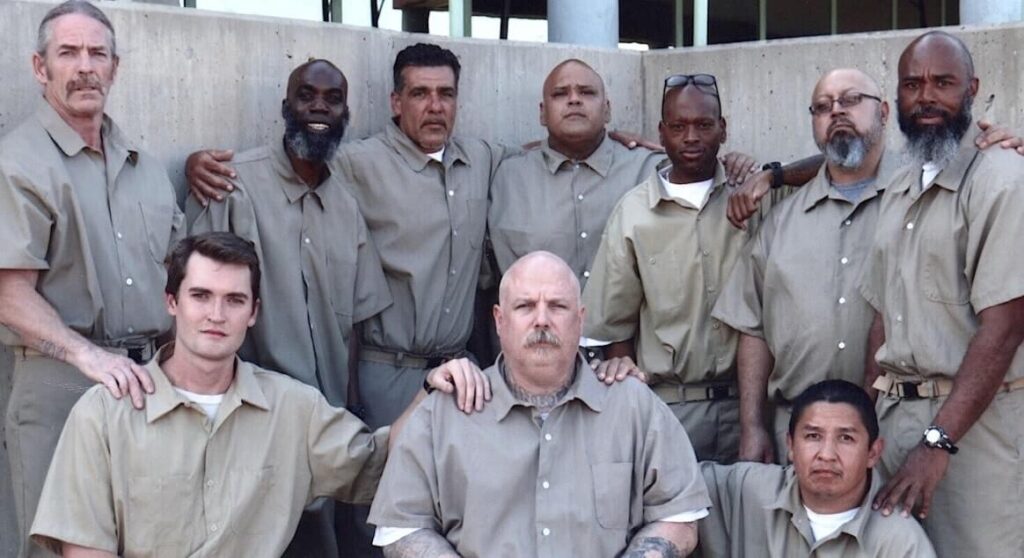
Donald Trump’s Fulfilled Promise
Ross Ulbricht’s name once again made headlines among Bitcoiners in late 2024 and early 2025. This resurgence came after Donald Trump, who reassumed the U.S. presidency on January 20, 2025, made a bold promise: he vowed to free Ross on his first day in office.
Trump made this statement during a speech at the Libertarian National Convention in May 2024.
His words were music to the ears of Ross’s supporters: “We’re going to bring him home.” The remark sparked a massive reaction, reigniting hopes that Ross Ulbricht—sentenced to life in prison—might finally get a second chance.

But, as expected, the promise divided opinions.
At the time, many questioned whether Trump would actually follow through. After all, during his first term, he had the chance to do the same but didn’t. This raised doubts—was his pledge sincere, or just a strategic move to win over libertarian and Bitcoiner voters?
Yet, on January 21, 2025, Trump delivered on his campaign promise. He granted Ross Ulbricht a full pardon, cementing his commitment to the libertarian and Bitcoin communities.
Below is what Trump posted on his Truth Social profile:
“I just called Ross William Ulbricht’s mother to inform her that, in her honor and in honor of the Libertarian Movement, which has supported me so strongly, it was my pleasure to sign a full and unconditional pardon for her son, Ross. The scoundrels who worked to convict him were some of the same lunatics involved in today’s weaponization of the government against me. He was sentenced to two life sentences plus 40 years. An absurdity!”
Ross’s First Words After Leaving Prison
Here are Ross Ulbricht’s first words after his release:
“Last year, Donald Trump granted me a full pardon. I was serving a life sentence and had already spent more than 11 years incarcerated. But he freed me, and today I am a free man.
I want everyone to know that Donald Trump is a man of his word. Thank you so much, President Trump, for giving me this incredible blessing. I am extremely grateful to have my life back, my future back, and this second chance.
This is a very important moment for me and my family. It is also significant for everyone who worked on this for years. This is a victory not just for me, but for all who believe in freedom and second chances.
Being free, finally, is incredible. It’s an amazing feeling. In the coming days, I will dedicate myself to my family — to reuniting, strengthening, and recovering.
There is much to say, and I look forward to reconnecting with the world in freedom. Once I am ready, I will share my story again.”
— Ross Ulbricht (@RealRossU) January 24, 2025
Final considerations
Ross Ulbricht, or Dread Pirate Roberts to some, is a figure who left his mark when it comes to the internet, Bitcoin, and freedom. His name resurfaces from time to time in discussions, and now, with his return to freedom, it’s no different.
Regardless, he was someone who challenged the system. He didn’t conform to the rules and norms that society considers “acceptable.”
In a world where governments and institutions are trying to exert more control, he took a bold step: he created Silk Road, a marketplace that allowed people to buy and sell freely, without intermediaries.
Ross Ulbricht’s story goes beyond that of a life interrupted. It’s a reminder of the price often paid by those who dare to innovate and challenge the status quo. For many, he has become a symbol of the fight for freedom in a world that insists on restrictions.
We hope you enjoyed learning more about Ross’s story.
Until the next article and OPT OUT!
Share on your social networks:

Founder of Area Bitcoin, one of the largest Bitcoin education projects in the world, she is a marketer, passionate about technology, and a full-time hands-on professional. She has participated in major Bitcoin conferences such as Adopting Bitcoin, Satsconf, Surfin Bitcoin, and Bitcoin Conference.
Did you like this article? Consider buying us a cup of coffee so that we can keep writing new content! ☕
